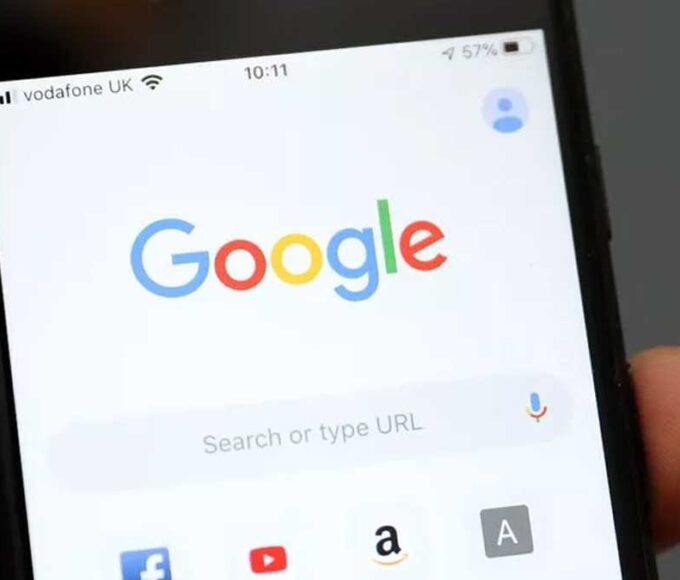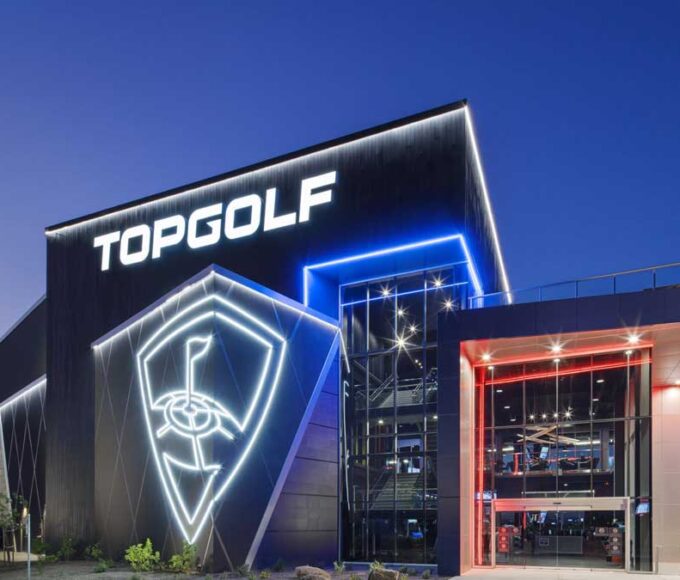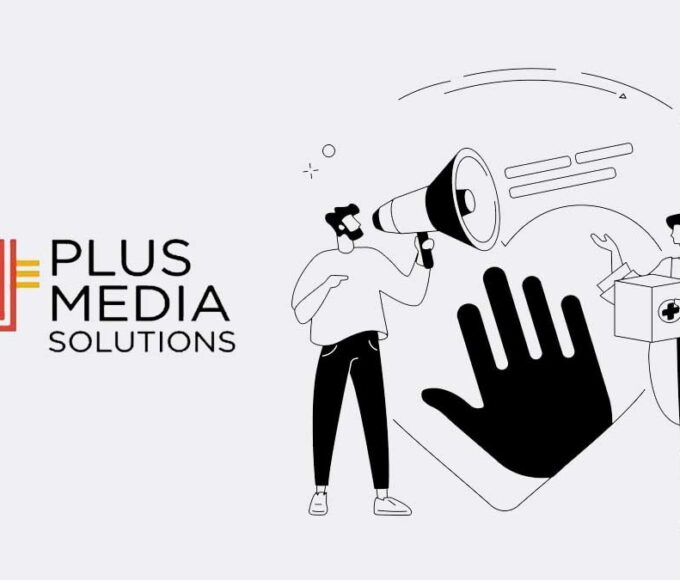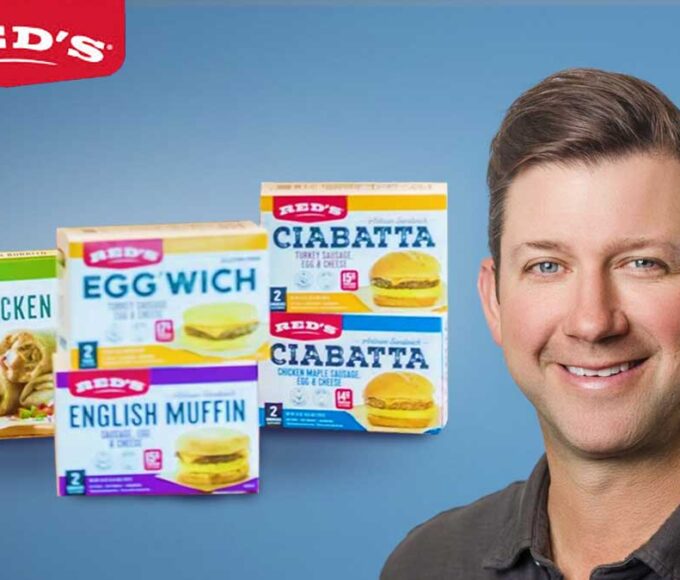- Home
- Billionaires
- Investing Newsletters
- 193CC 1000
- Article Layout 2
- Article Layout 3
- Article Layout 4
- Article Layout 5
- Article Layout 6
- Article Layout 7
- Article Layout 8
- Article Layout 9
- Article Layout 10
- Article Layout 11
- Article Layout 12
- Article Layout 13
- Article Layout 14
- Article Sidebar
- Post Format
- pages
- Archive Layouts
- Post Gallery
- Post Video Background
- Post Review
- Sponsored Post
- Leadership
- Business
- Money
- Small Business
- Innovation
- Shop
Recent Posts
OpenAI’s Sora: Revolutionizing Music Marketing with AI

OpenAI’s latest innovation, the text-to-video tool Sora, is revolutionizing creator tools, bringing technology and creativity closer than ever before. This AI breakthrough raises important questions about its impact on brand-audience integration and whether it will usher in a new era of marketing, particularly in the music industry.
Sora is described by OpenAI as capable of generating entire videos at once or extending generated videos to make them longer. This advancement solves the challenge of ensuring continuity in videos even when a subject temporarily goes out of view. For those who grew up in the MTV era, where music videos like Madonna’s “Vogue” and the Beastie Boys’ “Sabotage” shaped pop culture and blended music with storytelling, Sora’s potential is striking.
The music video age not only interpreted pop culture but also became a platform for smart brand integration and product placement, influencing massive growth potential. With Sora’s launch, OpenAI’s CEO Sam Altman invited people to share video captions for future creations, sparking interest in how this technology could reshape marketing strategies.
Looking at the impact of AI on the 2024 Grammy Awards, which drew over 16.9 million viewers, it’s evident that technology plays a crucial role in connecting musicians with fans and growing audiences. However, despite AI’s significant influence on the music and entertainment industries, the Grammy’s lacked overt references to emerging technology, possibly due to various concerns.
These concerns include the misuse of AI, such as the circulation of AI-generated explicit photographs of Taylor Swift, which prompted lawmakers to propose the DEFIANCE Act. Additionally, issues like TikTok’s failure to renew licensing rights with Universal Music Group due to concerns about AI-generated content and artists’ pay, as well as the competitive landscape AI has created within the music industry, may have contributed to the Grammy’s cautious approach.
In 2023, brands showcased unprecedented integration of technology in their marketing. Warner Music Group signed Noonoouri, an AI-generated model, as its first digital-only pop star, demonstrating AI’s growing influence in the music industry. The Beatles also released ‘Now and Then,’ using AI to repurpose audio from deceased band members into a new song, highlighting the technology’s potential for innovation.
Despite these advancements, the Grammy’s seemed devoid of acknowledgment of the technological crossovers in music. However, Apple’s sponsorship of the Super Bowl halftime show and the release of its Vision Pro Headset provided a glimpse into the potential of technology in enhancing the music experience, even though the halftime show did not overtly showcase these capabilities.
For marketers, the launch of Sora and the ongoing evolution of AI present both challenges and opportunities. As AI tools continue to evolve, marketers must envision how to leverage them to connect with audiences in the music, entertainment, and sports industries. While Sora may not yet be capable of creating music videos that define audience-artist connections, its launch sparks a conversation about enhanced creativity and collaboration across film, music, and technology.
In conclusion, Sora’s launch marks a pivotal moment in the convergence of technology and creativity. As marketers, our role is to embrace these tools and shape how we use them to bring creativity and connection to our audiences.
Recent Posts
Categories
- 193cc Digital Assets2
- 5G1
- Aerospace & Defense46
- AI37
- Arts3
- Banking & Insurance11
- Big Data3
- Billionaires449
- Boats & Planes1
- Business328
- Careers13
- Cars & Bikes76
- CEO Network1
- CFO Network17
- CHRO Network1
- CIO Network1
- Cloud10
- CMO Network18
- Commercial Real Estate7
- Consultant1
- Consumer Tech180
- CxO1
- Cybersecurity68
- Dining1
- Diversity, Equity & Inclusion4
- Education7
- Energy8
- Enterprise Tech29
- Events11
- Fintech1
- Food & Drink2
- Franchises1
- Freelance1
- Future Of Work2
- Games141
- GIG1
- Healthcare78
- Hollywood & Entertainment186
- Houses1
- Innovation42
- Investing2
- Investing Newsletters4
- Leadership65
- Lifestyle11
- Manufacturing1
- Markets20
- Media193
- Mobile phone1
- Money13
- Personal Finance2
- Policy567
- Real Estate1
- Research6
- Retail1
- Retirement1
- Small Business1
- SportsMoney33
- Style & Beauty1
- Success Income1
- Taxes2
- Travel10
- Uncategorized8
- Vices1
- Watches & Jewelry2
- world's billionaires418
Related Articles
Google Shifts from Infinite Scroll as AI Transforms Search
The shift from infinite scroll is seen by some as the end...
By 193cc Agency CouncilJuly 5, 2024TopGolf’s Diversity-Driven Disruption in Golf
When you envision a golf course, the image that often comes to...
By 193cc Agency CouncilApril 22, 2024+Media Innovates Storytelling for Real-World Impact
In today’s fast-paced media landscape, creating meaningful engagement is crucial for content...
By 193cc Agency CouncilApril 10, 2024Red’s: 15 Years from Homemade Burritos to Frozen Food Icon
In the ever-evolving landscape of the food industry, Red’s has emerged as...
By 193cc Agency CouncilApril 9, 2024















Leave a comment